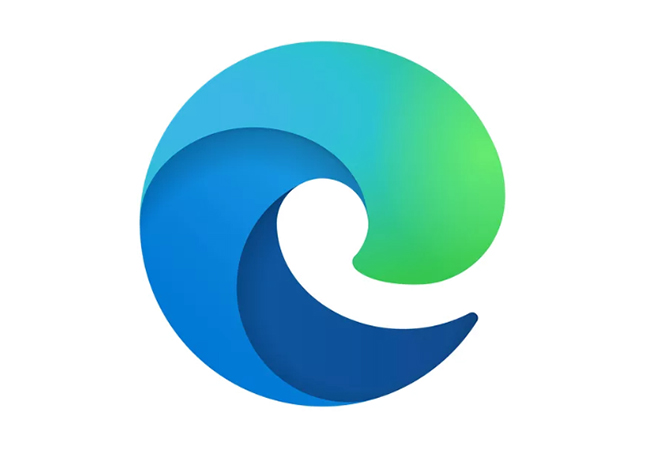
Microsoft this week described "three new pieces" of malware that were used in the SolarWinds Orion espionage attacks dubbed "Solorigate," although Microsoft security researches are now calling it "Nobelium."

These are the top four privacy settings to check in your Windows device to make sure Microsoft doesn't collect any data you don't want it to.

Microsoft on Tuesday released out-of-band security patches for Exchange Server to address multiple zero-day flaws that are currently being exploited in active attacks.

To audit all of the personal data that Microsoft has collected from your PC usage habits, look no further than Windows 10's Privacy Dashboard.

Microsoft's Active Directory authentication solution got notably skewered during a Feb. 23 U.S. Senate hearing on the SolarWinds Orion software hack.

Microsoft announced on Thursday that its CodeQL queries, which were used to detect possible compromise in its source code after the Solorigate attacks, are now publicly available at the GitHub repository.

Microsoft last week announced plans to increase the price of "standalone" subscriptions to its Microsoft Intune and Microsoft Enterprise Mobility plus Security (EMS) products starting in July.

Microsoft has reconfirmed that the "Solorigate" advanced persistent threat attackers saw some of its source code, although "only a few individual files were viewed."

Microsoft this week announced advancements in two Azure services that are used to add security for applications and content that touch the Internet.

Microsoft is planning to end the integration of the Microsoft Defender for Endpoint security solution with the Azure Information Protection service on March 29, 2021, according to a Wednesday announcement.

Microsoft announced on Friday that its Azure Attestation service is now commercially released, or "generally available."

The U.S. Cybersecurity and Infrastructure Security Agency (CISA) has published advisory AA21-042A regarding the Feb. 5 electronic intrusion into a Florida water treatment facility by an unknown attacker.

CISA issued a reminder on Wednesday that Microsoft is implementing a "domain controller enforcement" mode this month to address a "Critical"-rated Windows Netlogon vulnerability that was initially patched last August.

The February patch tally includes 11 CVEs deemed "Critical," 43 CVEs considered "Important" and two CVEs assessed as "Moderate" in severity.

Ransomware is a lot more sophisticated now, attacking data on network drives and in the cloud. Before physically interacting with ransomware, take these precautions to stop anything outside the VM from getting infected.

Microsoft this week explained that its non-Chromium-based Microsoft Edge browser (based on earlier EdgeHTML technology) will get removed when April "update Tuesday" security patches get applied to Windows 10 systems.

Microsoft on Thursday announced an update to its plans to end "Basic Authentication" when used with the Exchange Online e-mail service.

Microsoft recently announced some Azure Active Directory improvements, including conditional access policy management enhancements and synchronization service additions.

Security researchers are under attack from a group thought to be associated with North Korea, according to announcements this week by Google and Microsoft.

Microsoft this week described a few security products that have reached "general availability" (GA) or commercial-release status, while also touting its overall security-market position.